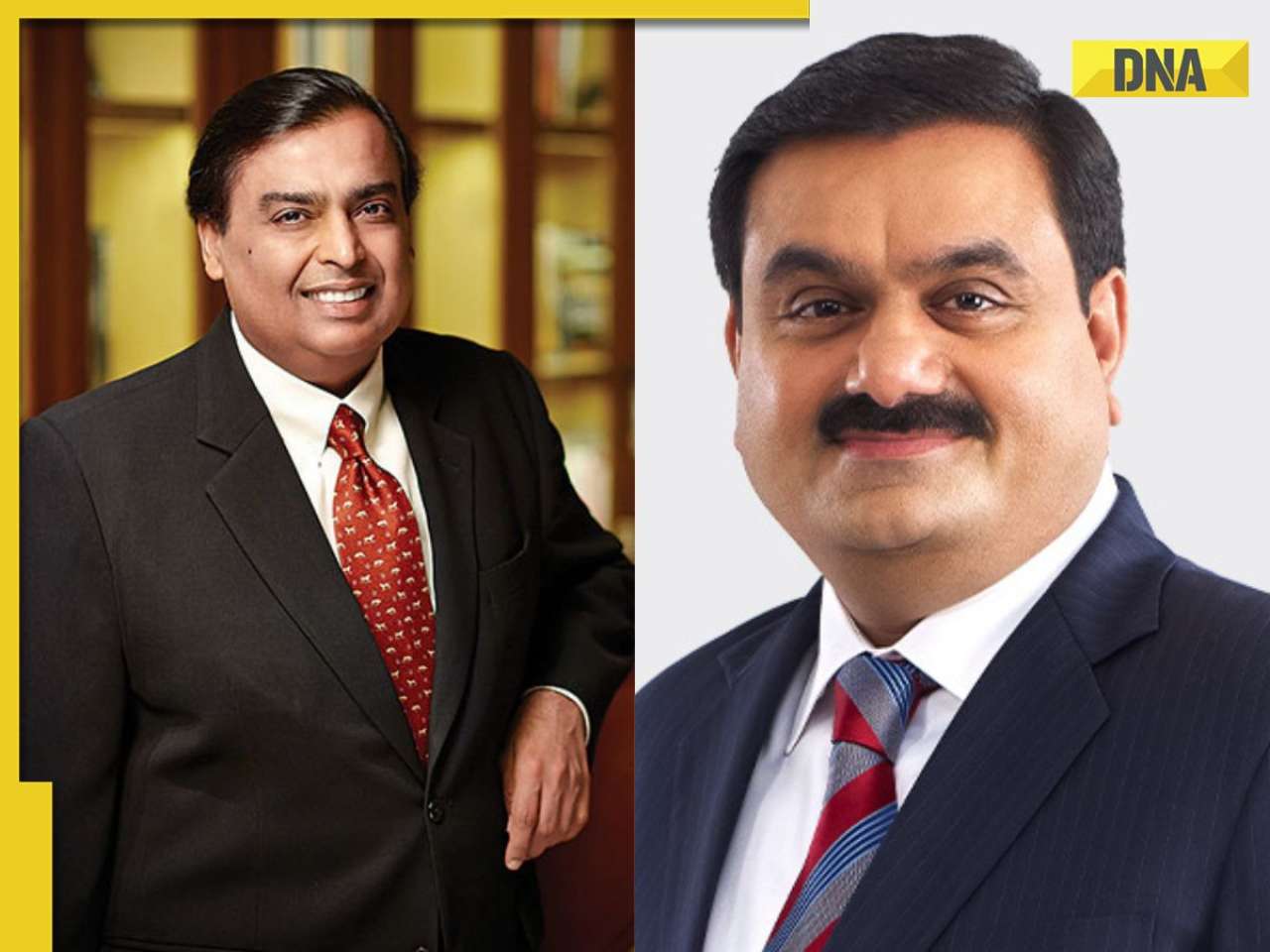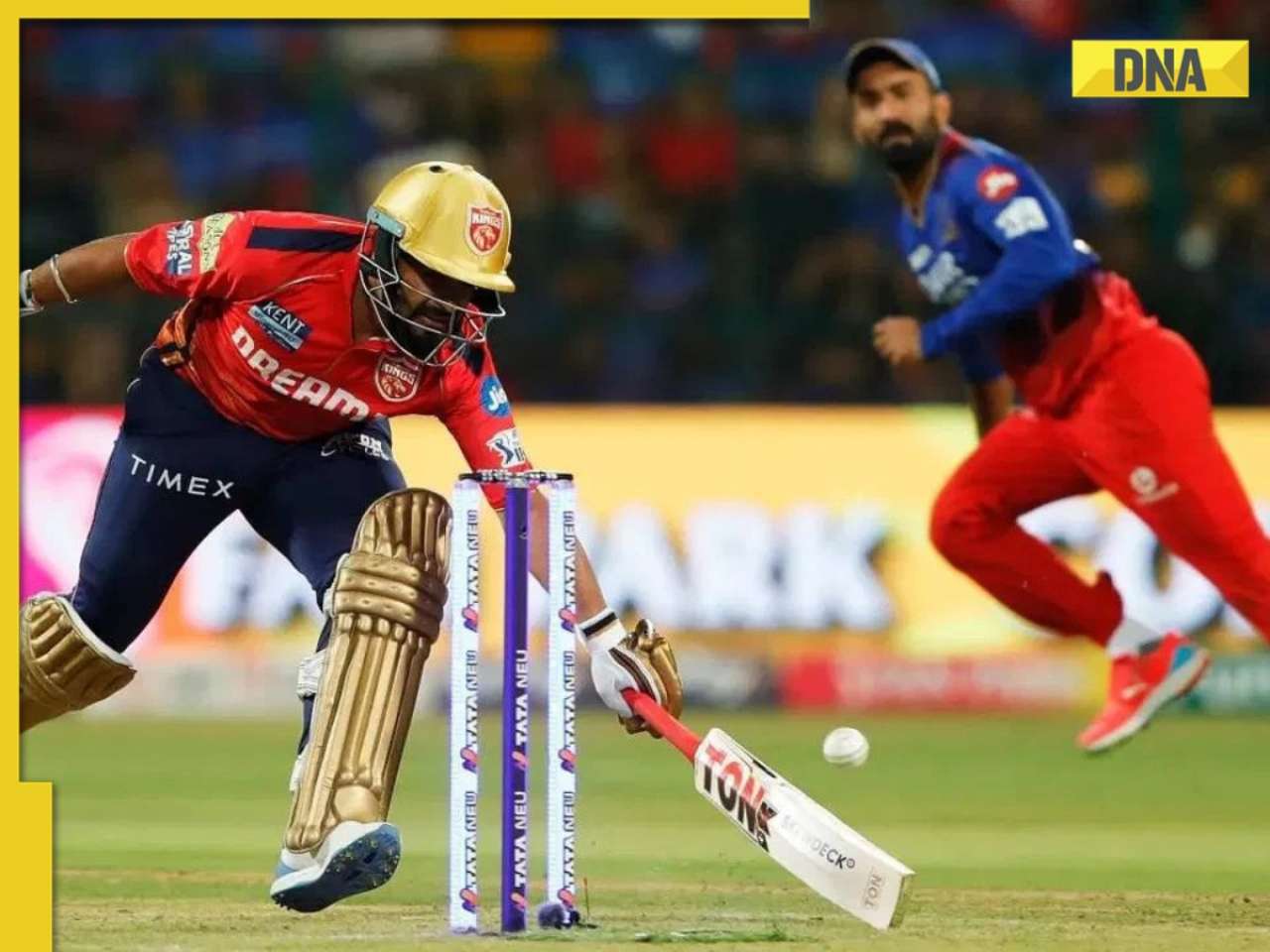Big-spending Toyota's exit from Formula One leaves the sport accelerating towards a future with minimal Japanese involvement, less money and the balance of power swinging.
Big-spending Toyota's exit from Formula One leaves the sport accelerating towards a future with minimal Japanese involvement, less money and the balance of power swinging back to privately-owned teams.
While the manufacturers will still provide the backbone, there will be only three of them in 2010 -- FIAT-owned Ferrari, Mercedes and Renault. Toyota join BMW and Honda in pulling out of the sport in the space of less than a year, with Renault seemingly minded to carry on despite their suspended permanent ban for involvement in a race-fixing scandal.
"Perhaps this is the end of a decade of manufacturer dominance in Formula One and what we will now see over the next decade is a sport that resembles much more closely the 1990s," Williams chief executive Adam Parr told Reuters.
The exodus is undeniably a blow to the sport''s prestige and pulling power, but one that it will weather. Even without Toyota, there should still be more teams next season than there have been for years.
Mercedes are set to buck the trend by buying a majority stake in champions Brawn while maintaining, for the time being, their 40 percent shareholding in McLaren. Toyota, who entered in 2002, will join the ranks of those that came and went with barely a ripple. Their demise is to be regretted, but others on the Formula One scrapheap drew far more mourners to the funeral.
"As far as Formula One is concerned, it is just a fact of life that teams come and go," added Parr. The truly unthinkable would be for glamour team Ferrari, who have graced the sport since 1950 and have more fans than anyone else, to quit but they need the sport as much as Formula One needs them.
Sauber hope
Lacking in glamour, and hamstrung by a rigid chain of command, Toyota threw money at the sport in a vain attempt to buy success. Their departure will be just as expensive and the irony is that it comes just as costs are coming down.
Closing down the Cologne F1 operation, with 650 staff, will not come cheap under German labour laws and a sale is not an option since the team was part of a Toyota car factory rather than being a stand-alone facility like Honda''s.
Those losing their jobs will find a crowded market, with all teams having to scale down in line with agreed cost cutting measures. With Toyota having signed only in August a binding commercial "Concorde Agreement" committing them until 2012, there could also be some hefty exit clauses payable to commercial supremo Bernie Ecclestone.
Just about the only positive is the lifeline Toyota have thrown to the former BMW-Sauber team, whose new owners have had to wait as official reserves hoping for a vacancy. In theory, the 2010 starting grid will have 13 teams -- three more than this year -- although there are no guarantees that more will not depart before the Bahrain season-opener comes around in March.
Of those 13, five will be new privately-owned teams whose financial health cannot be taken for granted while the same number will be powered by a Cosworth engine that last saw service in 2006.
With sole tyre supplier Bridgestone pulling out at the end of 2010, new International Automobile Federation (FIA) president Jean Todt has some firefighting to do less than two weeks into his reign. His predecessor Max Mosley fought to reduce costs, with the sport due to return to the levels of the early 1990s.
The departure of Toyota threatens to take it back to the early 1980s when there were no Japanese Grands Prix, teams, engine suppliers or drivers. Honda-owned Suzuka has a deal to host the Japanese Grand Prix only until 2011 and it remains to be seen whether they will have the appetite to extend it without Japanese teams competing.
Te arrival of ever more lavish circuits, with Abu Dhabi''s Yas Marina raising the bar last weekend after Singapore in 2008, might give the impression that the sport is going from strength to strength.
And yet France has no grand prix, Britain is fighting to stay on the calendar and Belgium''s Spa is groaning under the weight of heavy losses. Germany''s two racetracks are also struggling. The crowd at this year's Turkish Grand Prix was pitiful and there is still no confirmed race in North America. Brawn and new champion Jenson Button provided Formula One with a feelgood story on the track this season. Off it, the reality looks a lot scarier.
![submenu-img]() Viral video: Ghana man smashes world record by hugging over 1,100 trees in just one hour
Viral video: Ghana man smashes world record by hugging over 1,100 trees in just one hour![submenu-img]() This actress, who gave blockbusters, starved to look good, fainted at many events; later was found dead at...
This actress, who gave blockbusters, starved to look good, fainted at many events; later was found dead at...![submenu-img]() Taarak Mehta actor Gurucharan Singh operated more than 10 bank accounts: Report
Taarak Mehta actor Gurucharan Singh operated more than 10 bank accounts: Report![submenu-img]() Ambani, Adani, Tata will move to Dubai if…: Economist shares insights on inheritance tax
Ambani, Adani, Tata will move to Dubai if…: Economist shares insights on inheritance tax![submenu-img]() Cargo plane lands without front wheels in terrifying viral video, watch
Cargo plane lands without front wheels in terrifying viral video, watch![submenu-img]() DNA Verified: Is CAA an anti-Muslim law? Centre terms news report as 'misleading'
DNA Verified: Is CAA an anti-Muslim law? Centre terms news report as 'misleading'![submenu-img]() DNA Verified: Lok Sabha Elections 2024 to be held on April 19? Know truth behind viral message
DNA Verified: Lok Sabha Elections 2024 to be held on April 19? Know truth behind viral message![submenu-img]() DNA Verified: Modi govt giving students free laptops under 'One Student One Laptop' scheme? Know truth here
DNA Verified: Modi govt giving students free laptops under 'One Student One Laptop' scheme? Know truth here![submenu-img]() DNA Verified: Shah Rukh Khan denies reports of his role in release of India's naval officers from Qatar
DNA Verified: Shah Rukh Khan denies reports of his role in release of India's naval officers from Qatar![submenu-img]() DNA Verified: Is govt providing Rs 1.6 lakh benefit to girls under PM Ladli Laxmi Yojana? Know truth
DNA Verified: Is govt providing Rs 1.6 lakh benefit to girls under PM Ladli Laxmi Yojana? Know truth![submenu-img]() Alia Bhatt wears elegant saree made by 163 people over 1965 hours to Met Gala 2024, fans call her ‘princess Jasmine’
Alia Bhatt wears elegant saree made by 163 people over 1965 hours to Met Gala 2024, fans call her ‘princess Jasmine’![submenu-img]() Jr NTR-Lakshmi Pranathi's 13th wedding anniversary: Here's how strangers became soulmates
Jr NTR-Lakshmi Pranathi's 13th wedding anniversary: Here's how strangers became soulmates![submenu-img]() Streaming This Week: Heeramandi, Shaitaan, Manjummel Boys, latest OTT releases to binge-watch
Streaming This Week: Heeramandi, Shaitaan, Manjummel Boys, latest OTT releases to binge-watch![submenu-img]() Remember Ayesha Kapur? Michelle from Black, here's how actress, nutrition coach, entrepreneur looks after 19 years
Remember Ayesha Kapur? Michelle from Black, here's how actress, nutrition coach, entrepreneur looks after 19 years![submenu-img]() Remember Heyy Babyy's cute 'Angel' Juanna Sanghvi? 20 year-old looks unrecognisable now, fans say 'her comeback will...'
Remember Heyy Babyy's cute 'Angel' Juanna Sanghvi? 20 year-old looks unrecognisable now, fans say 'her comeback will...'![submenu-img]() Haryana Political Crisis: Will 3 independent MLAs support withdrawal impact the present Nayab Saini led-BJP government?
Haryana Political Crisis: Will 3 independent MLAs support withdrawal impact the present Nayab Saini led-BJP government?![submenu-img]() DNA Explainer: Why Harvey Weinstein's rape conviction was overturned, will beleaguered Hollywood mogul get out of jail?
DNA Explainer: Why Harvey Weinstein's rape conviction was overturned, will beleaguered Hollywood mogul get out of jail?![submenu-img]() What is inheritance tax?
What is inheritance tax?![submenu-img]() DNA Explainer: What is cloud seeding which is blamed for wreaking havoc in Dubai?
DNA Explainer: What is cloud seeding which is blamed for wreaking havoc in Dubai?![submenu-img]() DNA Explainer: What is Israel's Arrow-3 defence system used to intercept Iran's missile attack?
DNA Explainer: What is Israel's Arrow-3 defence system used to intercept Iran's missile attack?![submenu-img]() This actress, who gave blockbusters, starved to look good, fainted at many events; later was found dead at...
This actress, who gave blockbusters, starved to look good, fainted at many events; later was found dead at...![submenu-img]() Taarak Mehta actor Gurucharan Singh operated more than 10 bank accounts: Report
Taarak Mehta actor Gurucharan Singh operated more than 10 bank accounts: Report![submenu-img]() Aavesham OTT release: When, where to watch Fahadh Faasil's blockbuster action comedy
Aavesham OTT release: When, where to watch Fahadh Faasil's blockbuster action comedy![submenu-img]() Sonakshi Sinha slams trolls for crticising Heeramandi while praising Bridgerton: ‘Bhansali is selling you a…’
Sonakshi Sinha slams trolls for crticising Heeramandi while praising Bridgerton: ‘Bhansali is selling you a…’![submenu-img]() Sanjeev Jha reveals why he cast Chandan Roy in his upcoming film Tirichh: 'He is just like a rubber' | Exclusive
Sanjeev Jha reveals why he cast Chandan Roy in his upcoming film Tirichh: 'He is just like a rubber' | Exclusive![submenu-img]() IPL 2024: Mumbai Indians knocked out after Sunrisers Hyderabad beat Lucknow Super Giants by 10 wickets
IPL 2024: Mumbai Indians knocked out after Sunrisers Hyderabad beat Lucknow Super Giants by 10 wickets![submenu-img]() PBKS vs RCB IPL 2024: Predicted playing XI, live streaming details, weather and pitch report
PBKS vs RCB IPL 2024: Predicted playing XI, live streaming details, weather and pitch report![submenu-img]() PBKS vs RCB IPL 2024 Dream11 prediction: Fantasy cricket tips for Punjab Kings vs Royal Challengers Bengaluru
PBKS vs RCB IPL 2024 Dream11 prediction: Fantasy cricket tips for Punjab Kings vs Royal Challengers Bengaluru![submenu-img]() Watch: Bangladesh cricketer Shakib Al Hassan grabs fan requesting selfie by his neck, video goes viral
Watch: Bangladesh cricketer Shakib Al Hassan grabs fan requesting selfie by his neck, video goes viral![submenu-img]() IPL 2024 Points table, Orange and Purple Cap list after Delhi Capitals beat Rajasthan Royals by 20 runs
IPL 2024 Points table, Orange and Purple Cap list after Delhi Capitals beat Rajasthan Royals by 20 runs![submenu-img]() Viral video: Ghana man smashes world record by hugging over 1,100 trees in just one hour
Viral video: Ghana man smashes world record by hugging over 1,100 trees in just one hour![submenu-img]() Cargo plane lands without front wheels in terrifying viral video, watch
Cargo plane lands without front wheels in terrifying viral video, watch![submenu-img]() Tiger cub mimics its mother in viral video, internet can't help but go aww
Tiger cub mimics its mother in viral video, internet can't help but go aww![submenu-img]() Octopus crawls across dining table in viral video, internet is shocked
Octopus crawls across dining table in viral video, internet is shocked![submenu-img]() This Rs 917 crore high-speed rail bridge took 9 years to build, but it leads nowhere, know why
This Rs 917 crore high-speed rail bridge took 9 years to build, but it leads nowhere, know why 





















































)
)
)
)
)
)